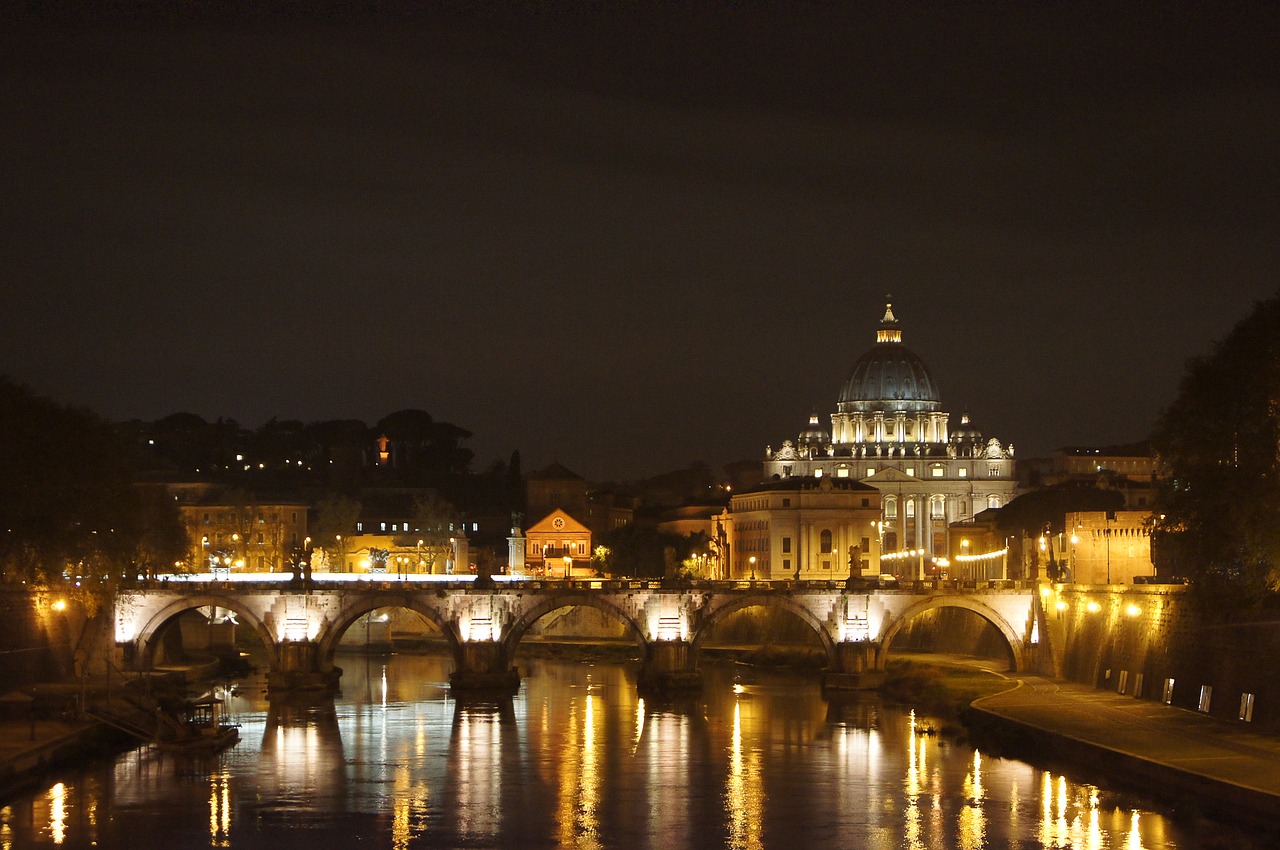|
Getting your Trinity Audio player ready...
|
As you all know, a few days ago there was media chaos over some of the Pope’s words. In a closed-door meeting with some Italian bishops, the Pope reportedly said that there is too much “frociaggine/faggotness” in the seminaries.
So, personally this term doesn’t particularly shock me. I am a Roman from Trastevere, we are used to listening to quite colorful language in our working class area, but I must also say that the chaos that followed the Pope’s words and the subsequent apologies that the Holy See press office then had to offer are misplaced. I would like to explain why, and before judging what I have to say, please read to the end of my article.
First of all, there is an important thing to say: “faggot” is not “faggotness.” This word is obviously, as we all know here in Italy, used in a derogatory way to describe homosexuals. I am against unjust discrimination towards anyone; therefore, people with homosexual tendencies must always be treated with respect and with due consideration for their dignity. Christ also came for them, so they can become, like all of us, children of God through baptism.
But in this case I must say that what the Pope meant was perhaps not well understood. The word “frociaggine” indicates not so much the homosexual person but a certain type of homosexual culture. So when the Pope used that term he did not intend to offend homosexuals, but he intended to denounce a certain homosexual culture in seminaries.
Even Franco Grillini, who is a leading exponent of the Italian homosexual world and who was also a politician, says this. The term “frociaggine”is an almost slang term that homosexuals use among themselves, so I believe that the Pope did not want to offend homosexuals at all but wanted to denounce what certain people know about, that is, that there is a widespread “gay culture.” Thus, while we should obviously treat homosexuals as our brothers, homosexual culture in seminaries obviously should not be allowed.
I would also like to present some considerations on the most offensive term, precisely, “frocio.” I take these etymological considerations of mine from Focus magazine which tells us that in reality the term is truly of uncertain origin and gives us four hypotheses on the possible origin.We can see that for the majority of them are not exactly offensive.
So, the first hypothesis is that this term could be a dialectal corruption of the term français, “French,” made in the Napoleonic era. So the Romans called the French invaders “froscè” using a distortion of the term français. At this time, if this etymology is true, the word did not have a meaning referring to unnatural sexual desires.
The second hypothesis is that this term derives from the Spanish flojo which means “flabby” and in this case it is obviously a little more “offensive to pious ears” because it refers to the male organ of the homosexual.
The third hypothesis is that in Italian dialects there is a phrase frociare”which means “to make faces.” So in this case we would be referring to the attitudes of those particularly effeminate homosexuals. So here we also come to what Pope Francis probably meant, that is, he meant to refer to this type of homosexual culture, that of the ostentation of homosexuality.
The fourth hypothesis, which is also the kindest towards homosexuals, is that the term derives from the Latin flos which means “flower,” indicating that homosexual people have a particular sensitivity like that of a flower.
We must also say that in Italian literature that term has been used by very important authors such as Alberto Moravia, and above all Pier Paolo Pasolini, who, as we all know, was notoriously and ostentatiously homosexual. However, these authors used this term not to despise homosexual people, but they used it to denounce certain social situations.
I want to repeat, however, that the term used by the Pope is “frociaggine,”not “frocio” which would be the most offensive. I would like to say that it would be like being offended because someone denounces machismo. Obviously males are not offended if someone denounces machismo, because machismo is a display of masculinity. It is not masculinity itself, it is not intended to unjustly discriminate against men. So I think we should be careful.
But what seems most important to me is that the media chaos around the Pope’s words has distracted from what the Pope intended to say and denounce in the first place, that is, the widespread homosexual culture in seminaries. We already know that Benedict XVI explained why people with homosexual tendencies should not be ordained to the priesthood, and I believe that Pope Francis’s words are particularly important because if he wanted to use such strong terminology, it is clear that he wanted to denounce a problem that is not of secondary importance. So I believe that we should see the Pope’s real intentions in using this term. As those who follow me know, sometimes I don’t agree at all with some things that Pope Francis does, but I believe that in this case we need to go beyond the colorful term and analyze the situation that the Pope intended to denounce.
I repeat in the end that I am against any unjust discrimination and offensive treatment of people and that everyone is a child of God and should be treated as such. But in this case he was talking about the problems in the seminaries, not about homosexuals as a category.


